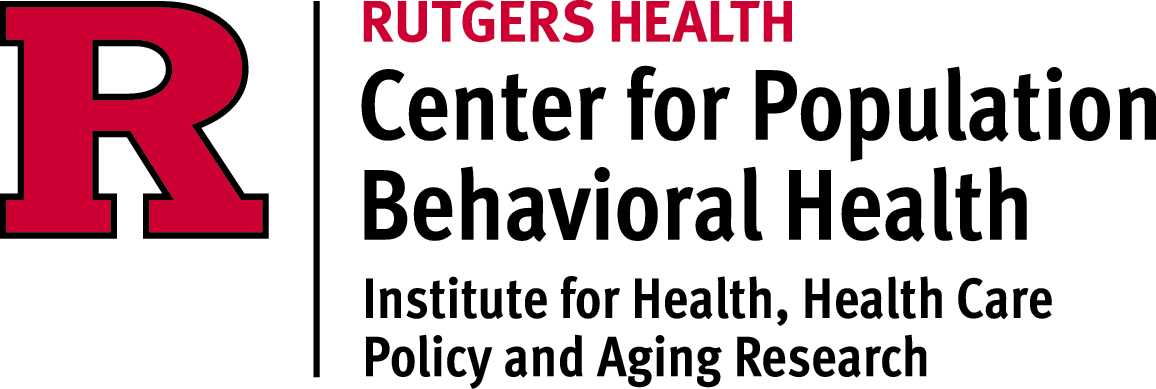

Director of the Center for Population Behavioral Health, Dr. Tammy Chung, and center faculty members, Drs. Carolyn Sartor and Ashley Grosso, collaborated on a new research publication, “Person-centered patterns of substance use during the COVID-19 pandemic and their associations with COVID-related impacts on health and personal finances in young Black and White women.” The article was published in Drug and Alcohol Dependence in September 2022.
Background: Population-level statistics on pandemic-related change in substance use can obscure patterns of use (e.g., polysubstance use) within individuals. This longitudinal study used a person-centered approach to identify subgroups with respect to patterns of substance use prior to and during the COVID-19 pandemic, and to examine profile correlates (e.g., socio-demographic characteristics), which can inform tailored intervention.
Methods: The two youngest age cohorts of the Pittsburgh Girls Study (n = 938; 59.1 % Black, 40.9 % White; mean age= 26.2 (SD= 0.8)), a longitudinal community sample, provided data on past year frequency of cigarette/e-cigarette use, binge drinking (>4 drinks per occasion), and cannabis use prior to and during the pandemic, and perceived change in use. Latent profile analysis identified subgroups. Profile correlates were examined (e.g., sociodemographics, COVID-19 infection status and reported exposure, COVID-19 impacts on psychological health and finances).
Results: Seven profiles were identified: “Low use”, “Occasional binge drinking”, “Cannabis use”, “Cigarette/e-cigarette & binge drinking”, “Occasional binge drinking & cannabis”, “Binge drinking & cannabis”, and “Polysubstance use”. Black women were overrepresented in “Low use”, which was associated with fewer pandemic effects on health. Profiles associated with more frequent binge drinking were more likely to report COVID-19 infection, whereas “Cannabis use” had lower reported infection prevalence. “Polysubstance use” had more COVID-related depression and income loss, on average, than “Low use”.
Conclusions: Distinct subgroups representing single substance use, co-use, and polysubstance use prior to and during the pandemic were identified. The profiles show differential response to COVID-19 impacts, ranging from relative hardiness to specific needs to guide personalized treatment.
Keywords: Alcohol; COVID-19; Cannabis; Cigarette use; PGS; Polysubstance.